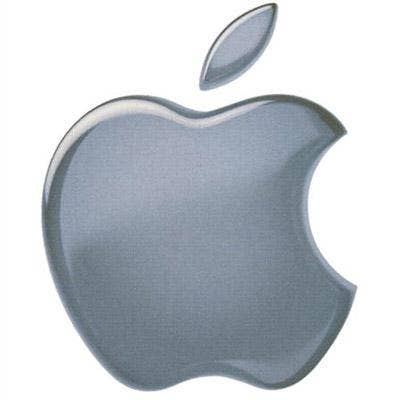Five Vendors That Dropped The Ball This Week

Steve Ballmer On Tablets: What, Me Worry?
At Microsoft's Financial Analyst Meeting, CEO Steve Ballmer was asked about his company's strategy for tablet PCs. Pretty important topic considering how fast the iPad is selling and how quickly Microsoft is being relegated to second class status in a new mobile device category.
And yet, Ballmer didn't seem inclined to offer any information that wasn't already known, and instead exuded the same "trust us" sentiment that's been emanating from the mothership for months. As a result, there's little to suggest that Microsoft is coming to market with anything unexpected or differentiated in the tablet PC space.
Microsoft says its tablets, or "slates," will run Windows 7, and the first devices will hit shelves this holiday season. OK, but any chance for a more precise time frame, Steve?
"Some of you will say, well, when? When? And I say, As soon as they're ready. They'll be shipping as soon as they are ready," Ballmer said in his FAM keynote.
Guess not.

Google Kills Off Google Wave
Google Wave debuted to great fanfare at the company's 2009 I/O developer conference, and company officials claimed its mix of e-mail, instant messaging, wikis and social networking was going to revolutionize communications and make e-mail look like a dinosaur technology.
This week, Google pulled the plug on Wave as a standalone product. That wouldn't be such a big deal if recent history weren't strewn with the remnants of several other Google products that have faded into obscurity, like Latitude, Orkut and Desktop Search, to name a few. As it is, Google is now dealing with a flood of "Told you so" gloating from rivals.
You know what they say about overpromising and underdelivering.

Verizon Claims Droid Can't Do Tethering
Verizon Droid owners were miffed this week when they discovered the tethering and Mobile Hotspot features in the Android 2.2 "Froyo" update wouldn't be available to them. Immediately, fingers pointed Verizon's way, but Verizon denied that it had shut off these features and claimed the hardware wasn't powerful enough.
"The Droid by Motorola lacks the hardware that will allow it to communicate with more than one device. This isn't a software issue, the phone was never designed to support Mobile Hotspot," a Verizon spokesperson told CRN in an e-mail this week.
"As far as tethering, the phone was not designed to support the Verizon Wireless Mobile Broadband Connect product so while it may do so in the future it doesn't currently offer that functionality. We have other phones, such as the Droid X, that offer Mobile Hotspot so for customers wanting that functionality, we would encourage them to purchase the newer device," the Verizon spokesperson said.
That's all fine and dandy, but Verizon has been accused of shutting off features in the past, and it offers these features as fee-based, add-on services.
File under "Things that make you go hmmmm."

FTC Delivers $0.00 Wrist Slap To Intel
The U.S. Federal Trade Commission isn't a company, but definitely dropped the ball this week when it agreed to settle its complaint against Intel without making the chipmaker pay a dime in fines for its misdeeds. Although the FTC said Intel engaged in a "systematic campaign to shut out rivals" over the course of several years, Intel didn't even have to acknowledge that it broke U.S. antitrust laws.
Intel did have to agree not to use threats, bundled pricing, or other offers to muscle out competitors in the chip market, and it can longer pay PC makers to shun products from competitors. Intel also can't retaliate against OEMs if they choose to do business with non-Intel suppliers.
Well, whoop de-freakin'-doo -- we got ourselves a settlement! But can such a toothless ruling really be considered a settlement? Some people still refer to Microsoft as a monopoly, but can you imagine if Microsoft were associated with this type of behavior today?
The FTC could have made a statement and shown the rest of the industry that it's not OK to run roughshod over the competition. But it didn't, and anyone who thinks Intel isn't going to find other ways to stifle rivals probably believes in the Tooth Fairy, too.

Apple Stops Death Grip Claims About Rival Smartphones
Apple's defensive response to the iPhone 4 "death grip" issues was to post videos on its Website showing how rival devices like the Droid X would lose signal bars when held a certain way. But this week, those videos mysteriously disappeared from the Apple's Website.
What gives? Well, Apple on Friday told CRN it constantly refreshes the content on Apple.com and has moved them to its Youtube channel. "If you'd like access to the videos, you can find them archived on YouTube.com/Apple," an Apple spokesperson said in an email.
However, by removing the videos, it looks like Apple realized it's probably best to let this issue die instead of further irritating Motorola, Research In Motion, HTC and other smartphone makers.
This was the right thing to do, but the fact that Apple tried to drag down rivals with it, instead of just owning up to its own mistakes, is the kind of stuff that happens in elementary school classrooms.